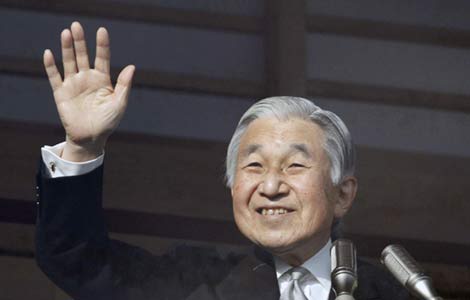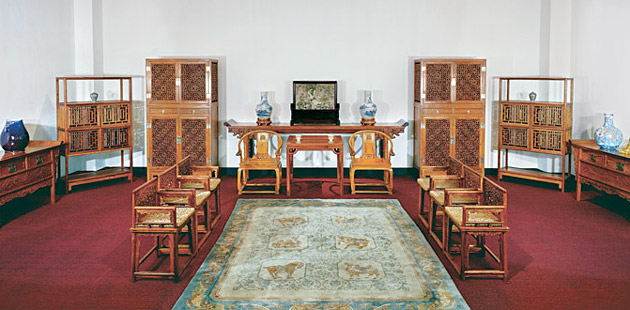Vice-premier urges support for subsidized housing
Updated: 2011-12-23 20:39
(Xinhua)
|
|||||||||||
BEIJING - Chinese Vice-Premier Li Keqiang has called for stronger support for the construction of government-subsidized housing in order to meet the demand of low-income groups.
China will face "an arduous task" in the construction of subsidized housing next year, Li told a national work conference on Thursday.
The number of low-income housing units the government aims to start building in 2012 will be lower than that of 2011, but the scale of construction will remain large because of the continuation of this year's projects, Li said.
Central government subsidies for the housing projects will markedly increase next year, while more private funds will be raised through bank loans and corporate bonds, he noted.
China plans to begin building or renovating at least 7 million housing units for low-income groups next year, Minister of Housing and Urban-Rural Development Jiang Weixin said Friday.
To steer the runaway property market toward healthy development, China aims to build 36 million subsidized housing units by 2015. The construction of 10 million units already began this year.
Li demanded a certain proportion of commercial housing units be allocated as low-income housing units. He also suggested the government buy commercial units to increase the supply of subsidized housing
A deterioration in the quality of subsidized housing units as a result of intentional cost cuts must be avoided, he said, urging for the fair and transparent distribution of those units.
While reiterating that regulations over the property market will continue, Li said citizens' reasonable residential demands should be met.
Authorities should increase land supplies for, and promote the construction of, commercial residential houses, he said.
Since April 2010, China has imposed a raft of measures aiming to calm property prices. These measures include higher down payments, home ownership limits, the introduction of a property tax in some cities and the construction of low-income housing.
Hot Topics
HIV/AIDS, Egypt protest, Thanksgiving, climate change, global economic recovery, home prices, high-speed railways, school bus safety, Libya situation, Weekly photos
Editor's Picks

|

|

|

|

|

|







